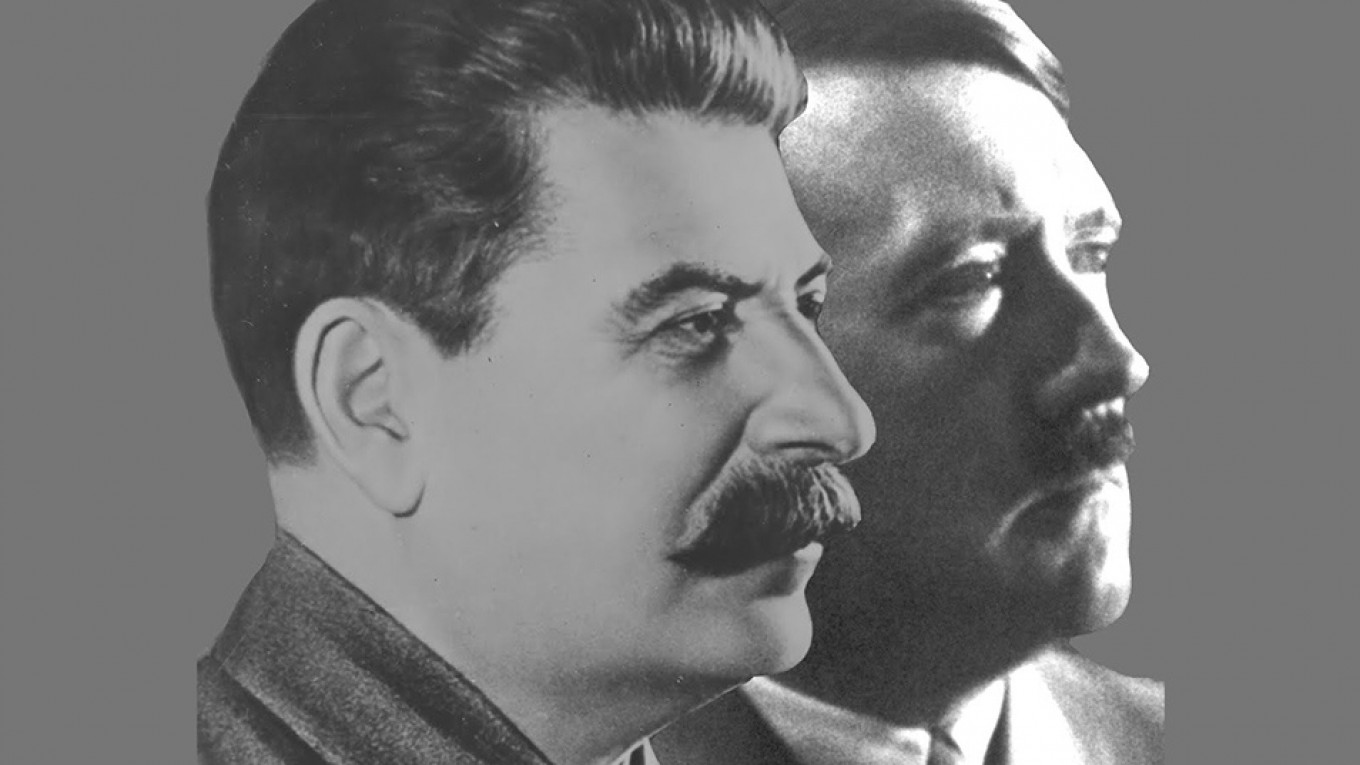Short Take: What's the Difference Between Fascism and Communism?
It's not ideological. It's methodological.
by Rod D. Martin
January 10, 2025
Reader Question: Given that Fascism and Communism are just different varieties of Socialism, what is the difference between the two?
My response: It’s really just methodological. In Communism, the aim is nationalization of “the means of production” such that the state manages all such assets on behalf of the people (ha!). In fascism, especially as practiced in Germany, it’s much more indirect. Hitler didn’t nationalize many businesses. HOWEVER: (1) he put a 100% tax on dividends (“for the duration of the emergency”), (2) he criminalized selling stock (“for the duration of the emergency”), (3) he made the state the sole decision maker on who would sit on all corporate boards (“for the duration of the emergency”), and so forth. Oh, and also, all savings had to be invested in a very specific new kind of government bond (MEFO bonds).
So as you can see, the state took absolute control over all of the means of production in the same manner that Lenin and Stalin did, including confiscation of nearly all liquid savings, BUT left everyone the appearance and impression that they had something left to lose. So people grumbled but cooperated, and worked to help “end the emergency”.
Of course “the emergency” was never going to end, regardless of the War.
This is the tragic brilliance of fascism: it is designed to engender both fear and hope (and thus cooperation), as opposed to Communism, which just engenders fear and (crucially) leaves you nothing left to lose other than your life and the lives of your loved ones. People in that state are more prone to rebellion, which is a large part of the explanation for the vastly higher body count in Communist countries (hard to pull off when you consider the Holocaust, yet true nevertheless).




